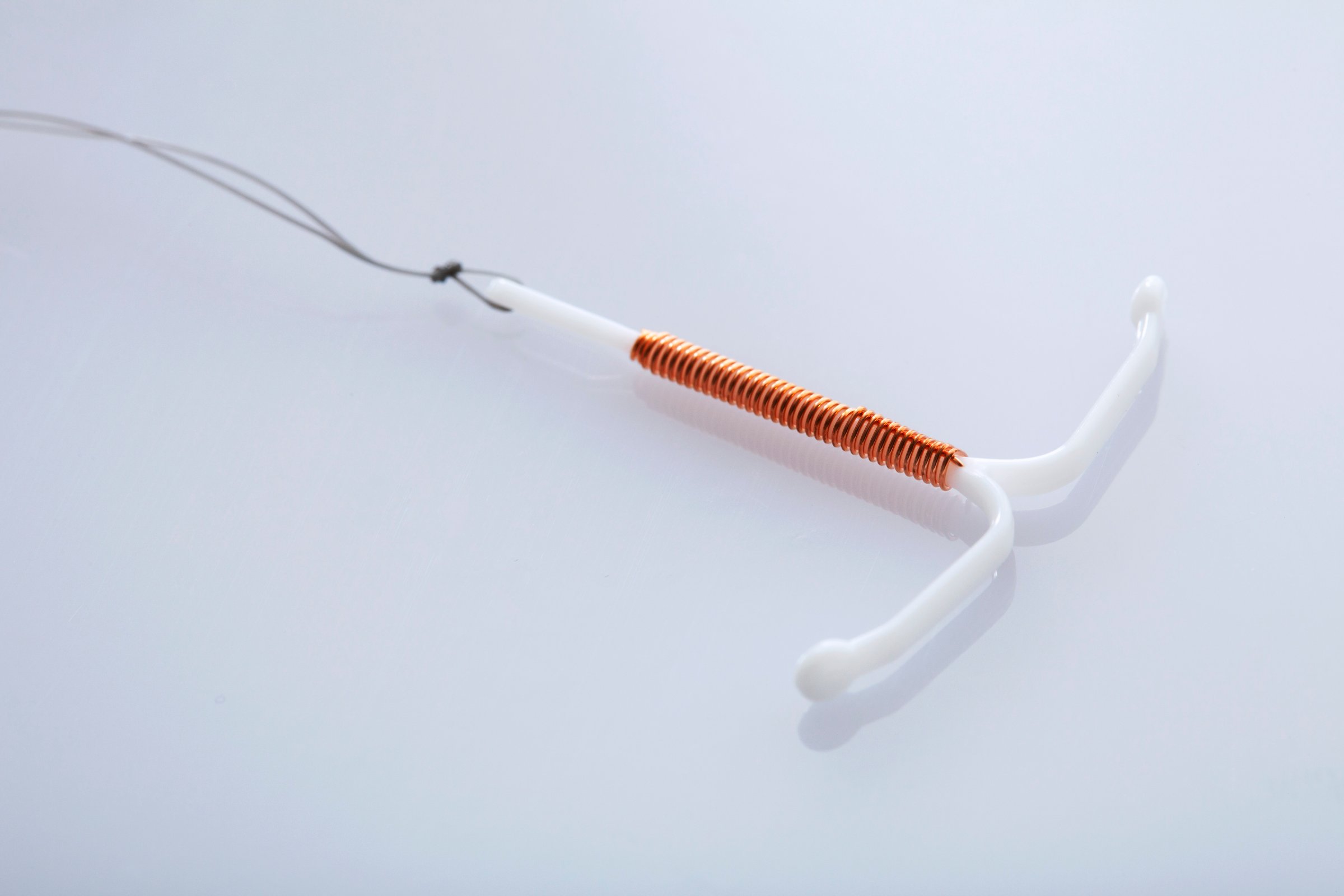
Update: The Supreme Court has ruled that closely held corporations with religious convictions cannot be required by the government to cover employees’ emergency contraception.
Hobby Lobby, the Oklahoma City-based craft store is known for its owners Christian values: they don’t work on Sundays; they play Christian music in stores. Now the privately-owned corporation doesn’t want to offer health insurance that would cover employees’ emergency contraception under the Affordable Care Act. They argued their case to the Supreme Court in March, citing the Religious Freedom Restoration Act of 1993 as legal precedent. This month the court will rule on Hobby Lobby’s right to opt out of covering those pills and devices they believe to be abortifacients. “Believe” is the key word here, as the U.S. government defines pregnancy to begin when a fertilized egg implants in the uterus, and these drugs and devices prevent implantation. Nevertheless, as the company’s brief states, “given their [religious] beliefs, Respondents cannot cover [Plan B, Ella, and two types of intrauterine devices] without facilitating what they believe to be an abortion.”
Hobby Lobby’s objection to “morning after” pills like Plan B and Ella which can can be taken up to five days after intercourse to prevent pregnancy isn’t so surprising. These pills have long been targeted by by the Pro-Life movement even though they’re not abortifacients as the government defines them, rather they’re emergency contraception since there’s no implantation of a fertilized egg. You may have thought the battle was over after Plan B became available over-the-counter in all states last year. But what is unusual about this case is the company’s objection to intrauterine devices (IUDs).
Though still a niche form of birth control, IUDs have surged in popularity in recent years—in 2012, 8.5 percent of American women who used contraception chose an IUD, compared with 5.5 percent in 2007. These small, t-shaped devices are implanted in the uterus by a gynecologist and can safely stay there for up to 12 years, with an astonishingly low failure rate of 0.2 percent (compared with the pill’s average 9 percent). The IUD’s main draw is its long-term efficacy. So why is it included in a case about emergency contraception pills ?
As it turns out, copper IUDs are known to be an effective method of emergency contraception if inserted within five days of intercourse. Once in, the device can stay there for years just the same as if it were not used in an emergency situation. Like many forms of contraception, scientists aren’t sure exactly how this method works, but they know that it can be effective.
Nevertheless, emergency contraception is hardly the main reason most women choose an IUD and many who do choose one choose a hormonal IUD, which works differently and has not been proven as an effective “morning-after” method). Unfortunately, statistics aren’t available on the reasons go to their gynecologists to have the IUD procedure—whether for emergency or long-term contraception. But James Trussell, a professor of economics and public affairs at Princeton University who has done extensive research on the subject, acknowledges, “We don’t have any numbers but I would say that the number who get IUDs as emergency contraception is miniscule.”
Putting aside religious beliefs about conception and abortion, there’s something odd about Hobby Lobby’s tactic. Okay, copper IUDs can prevent a fertilized egg from implanting in the uterus. But most women who seek an IUD probably aren’t getting one for that purpose—they’re simply choosing a highly effective option that doesn’t require them to remember to take a pill. And if the company is truly concerned about preventing abortions, why not support a method of contraception that’s even more effective than the birth control pills they’ll continue to cover? Remember, too, that certain brands of pills can also serve as emergency contraception by increasing the dose. To allow one method of birth control that can also work as emergency contraception but not another, seems to be an unnecessarily complex legal maneuver—especially since the one they’re targeting is less popular than birth control pills and therefore less likely to incite outrage among employees.
But perhaps the company is looking at the long game here. If SCOTUS rules in Hobby Lobby’s favor, it could set a groundbreaking precedent allowing companies to pick and choose what kinds of general health care they choose to cover based on religious grounds. And that could affect anything from blood transfusions to vaccines as several of the Justices have worried. More narrowly, it could lead to a nuts-and-bolts breakdown of the kinds of contraception employees can get. At a cost of $500-1,000 up-front without insurance, the IUD is unlikely to catch on as a popular method of birth control if employers are allowed to opt out of providing coverage.
More Must-Reads from TIME
- Donald Trump Is TIME's 2024 Person of the Year
- Why We Chose Trump as Person of the Year
- Is Intermittent Fasting Good or Bad for You?
- The 100 Must-Read Books of 2024
- The 20 Best Christmas TV Episodes
- Column: If Optimism Feels Ridiculous Now, Try Hope
- The Future of Climate Action Is Trade Policy
- Merle Bombardieri Is Helping People Make the Baby Decision
Contact us at letters@time.com